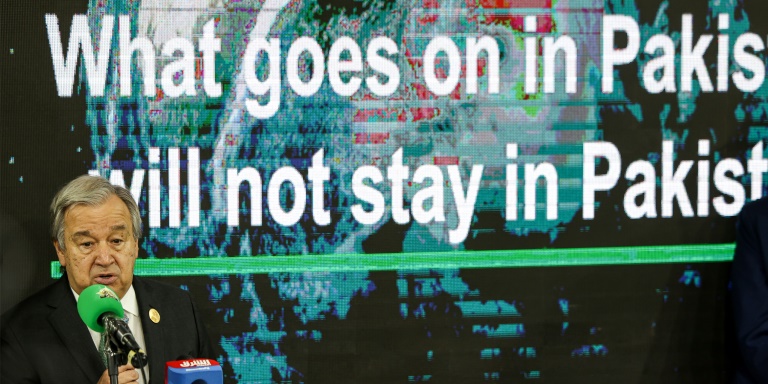
UN Experts Urge Pakistan to End Rights Violations in Balochistan » Capital News
April 29 – United Nations experts have urged Pakistan to end serious human rights violations in Balochistan, raising alarm over enforced disappearances, extrajudicial killings, torture, and sweeping restrictions on civil liberties in the restive region.
In a joint statement issued Tuesday, the experts said Pakistan’s counter-terrorism operations in Balochistan had caused “excessive and harmful impacts,” and called for full adherence to international human rights and humanitarian law.
“We acknowledge the serious threat posed by armed groups in Balochistan and express our solidarity with the victims of terrorism,” the experts said. “However, all counter-terrorism measures must respect international legal obligations.”
They described the “unrelenting use of enforced disappearances” as “a serious human rights violation and an international crime,” urging Pakistan to establish independent and effective mechanisms to determine the fate and whereabouts of the missing, criminalise enforced disappearances, and ensure accountability for perpetrators.
The experts also called on Pakistan to ratify the International Convention for the Protection of All Persons from Enforced Disappearance and to accept the authority of the UN Committee on Enforced Disappearances to examine complaints.
Expressing concern over the shrinking civic space in Balochistan, the experts warned that Pakistan “appears to conflate legitimate human rights and minority advocacy with terrorism,” which threatens fundamental freedoms of expression, assembly, and association.
They condemned repeated internet shutdowns in the province, noting that the blackouts have undermined transparency, accountability, political participation, and access to information.
The statement cited reports of widespread torture, ill-treatment, extrajudicial killings, and indiscriminate violence by security forces—particularly against peaceful protesters and Baloch human rights defenders.
The experts expressed deep concern over the detention of Baloch Yakjehti Committee (BYC) leaders, their supporters, and reprisals targeting their family members and lawyers, possibly for engaging with UN human rights mechanisms.
Pakistan was also urged to provide stronger protections for peaceful protesters and human rights defenders, and to offer effective remedies for victims of rights abuses.
The experts criticised Pakistan’s Anti-Terrorism Act, saying its definition of terrorism is “vague and overbroad,” enabling the arbitrary listing of hundreds of individuals as “proscribed persons,” including students, academics, civil servants, and activists.
They further noted that prominent Baloch activists had been placed on the “Exit Control List,” restricting their freedom of movement.
Plans to introduce new internment centres for terrorism suspects in Balochistan also drew sharp criticism. The experts warned that such facilities could lead to “gross human rights violations, including arbitrary detention, enforced disappearances, and torture.”
They called for a thorough review and amendment of counter-terrorism laws and proposed detention policies to bring them into line with international standards.
In addition to legal reforms, the experts urged Pakistan to address the root causes of conflict in Balochistan.
“Pakistan must increase its efforts to address grievances that may fuel violence, such as unresolved conflicts, weak rule of law, human rights abuses, discrimination, political exclusion, socio-economic marginalisation, and poor governance,” the statement said.
The UN experts confirmed that they had formally communicated their concerns to the Government of Pakistan and expressed readiness to provide technical support.